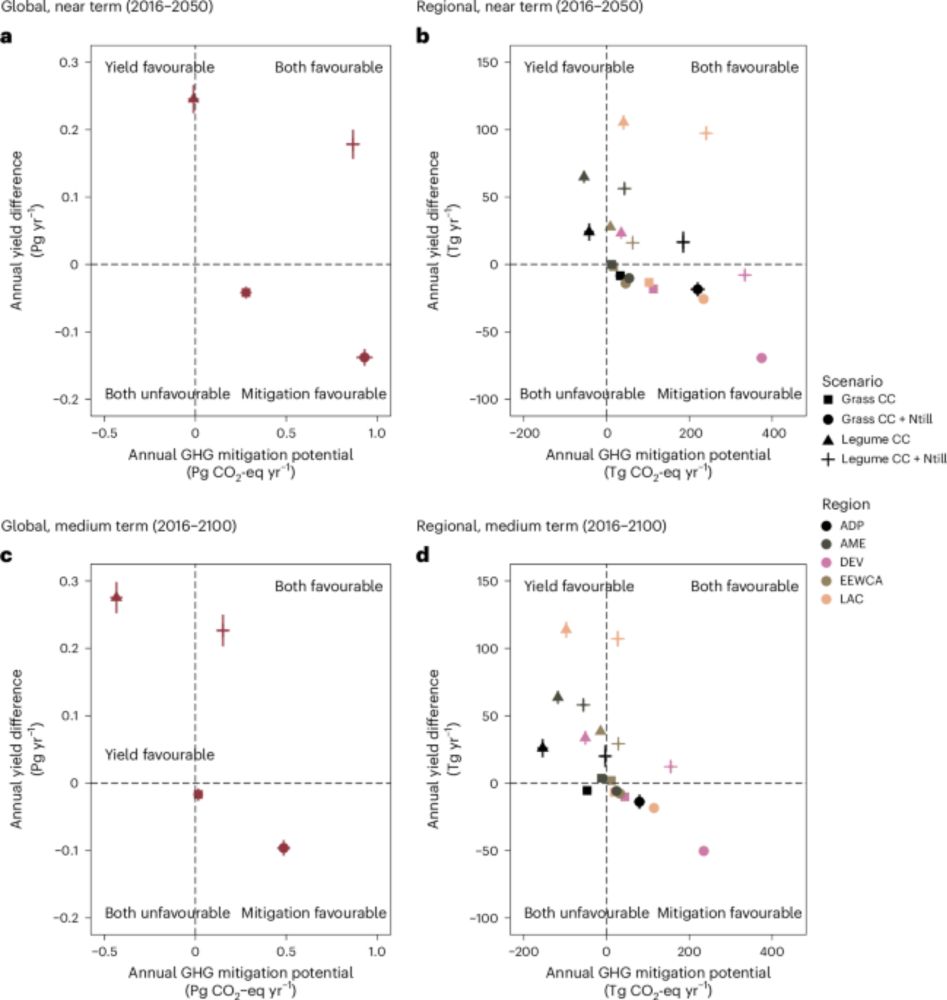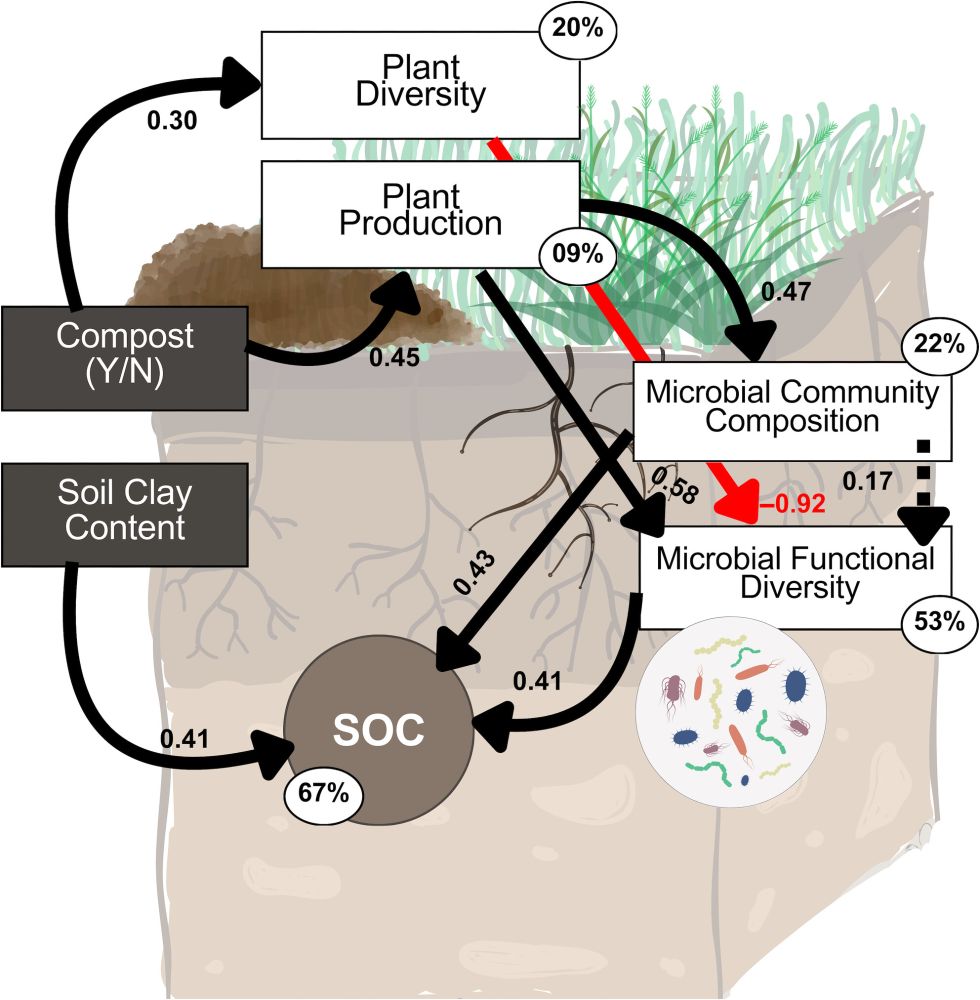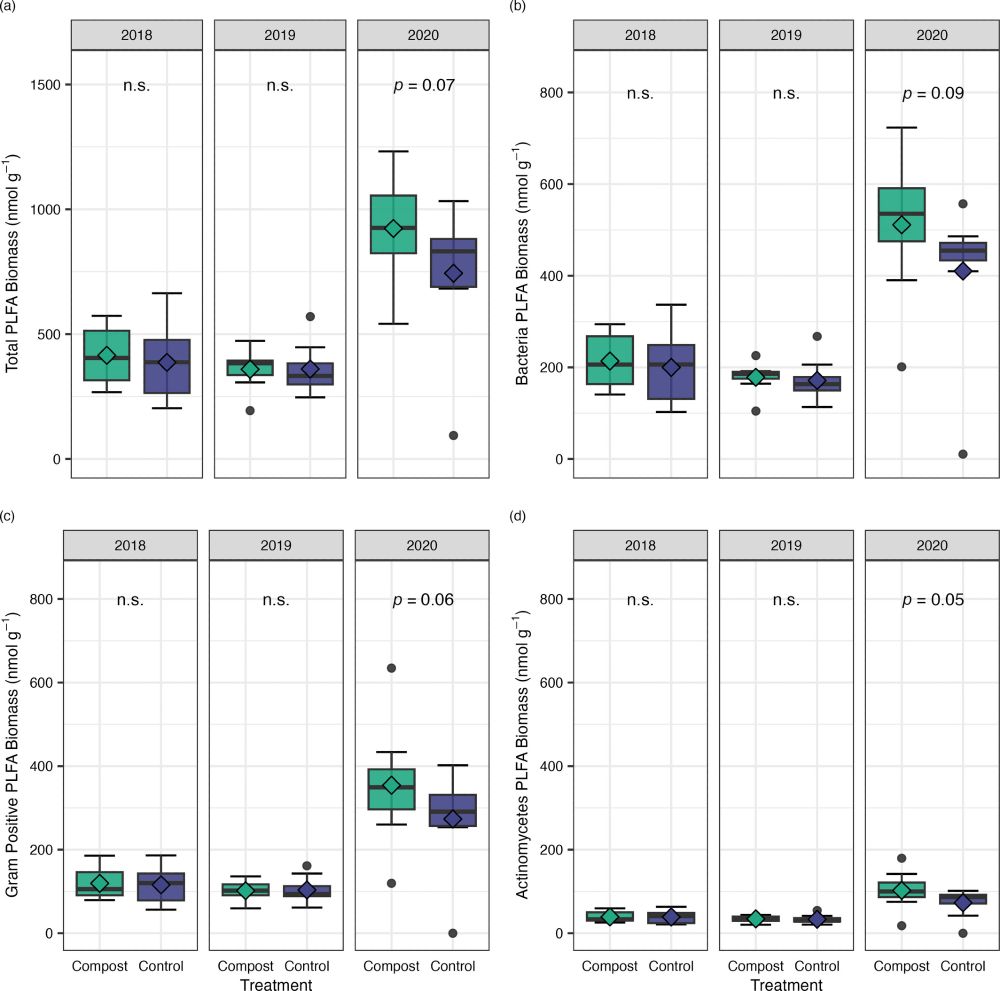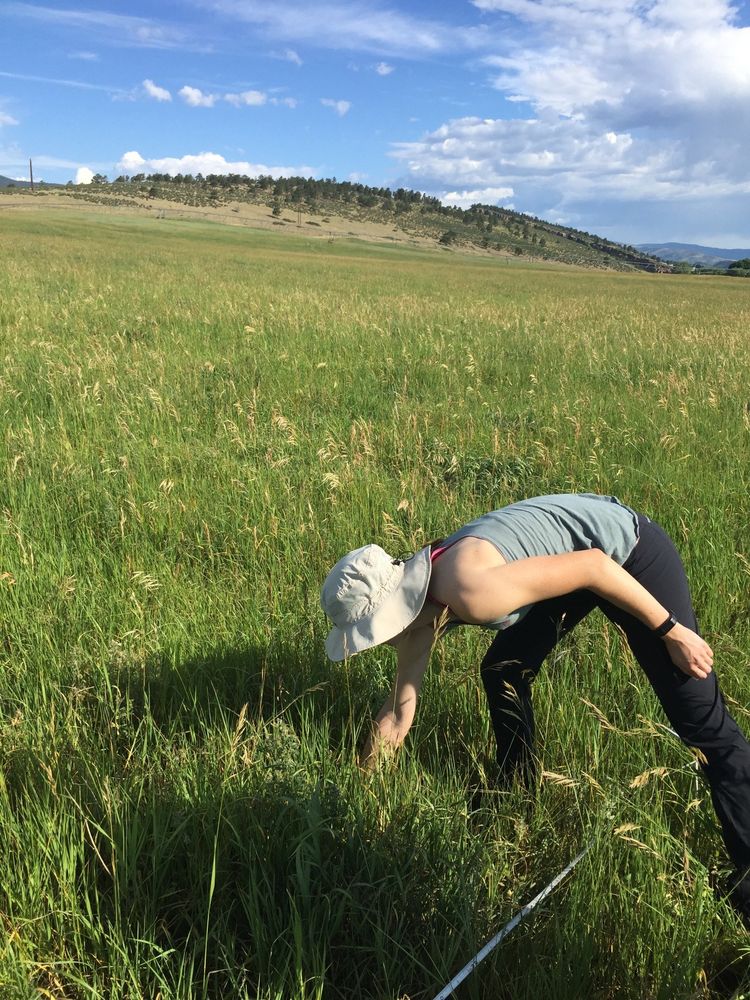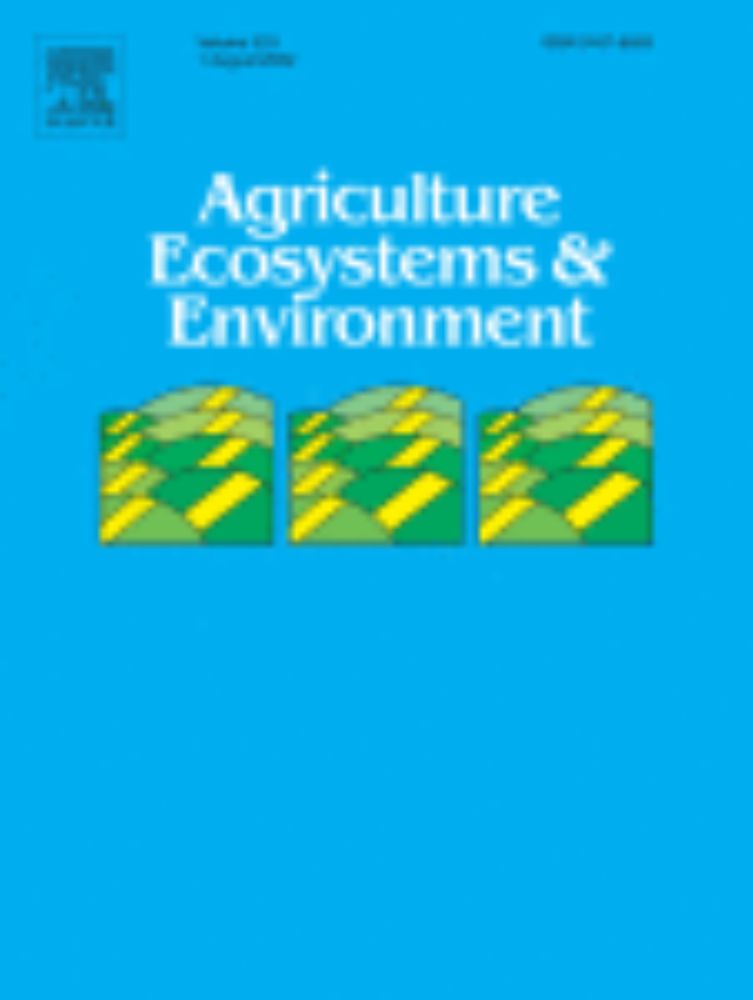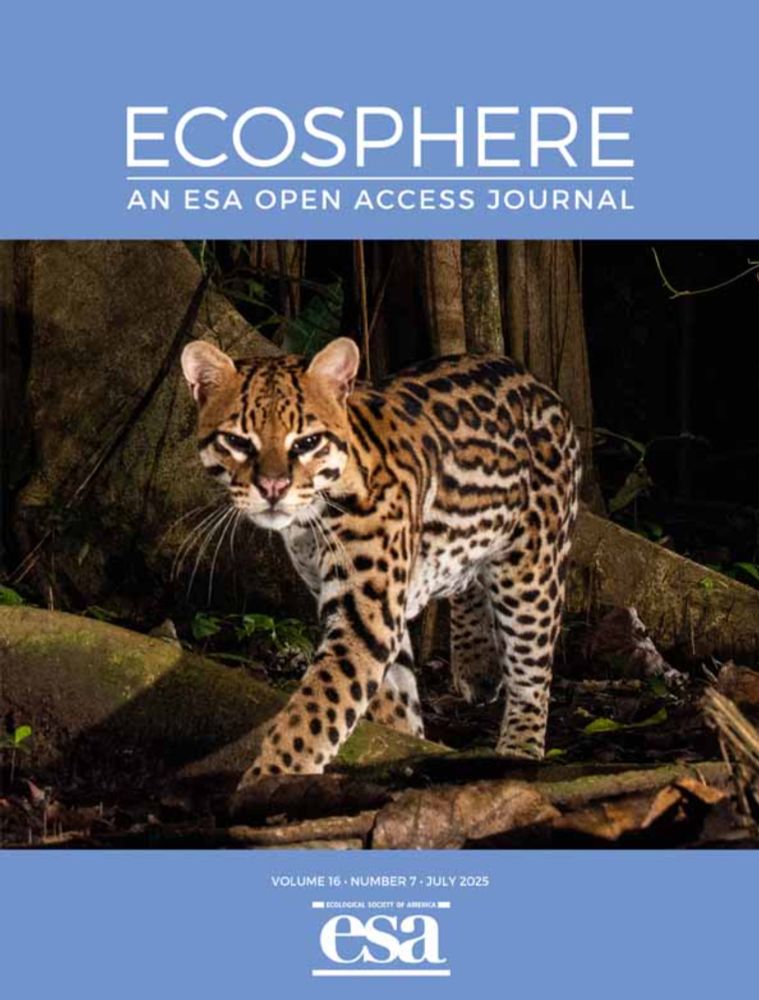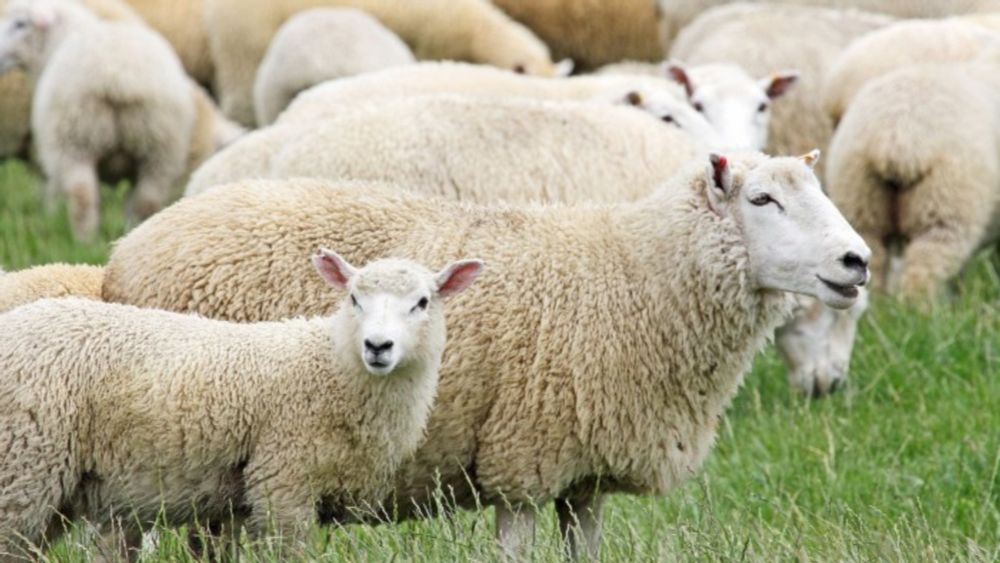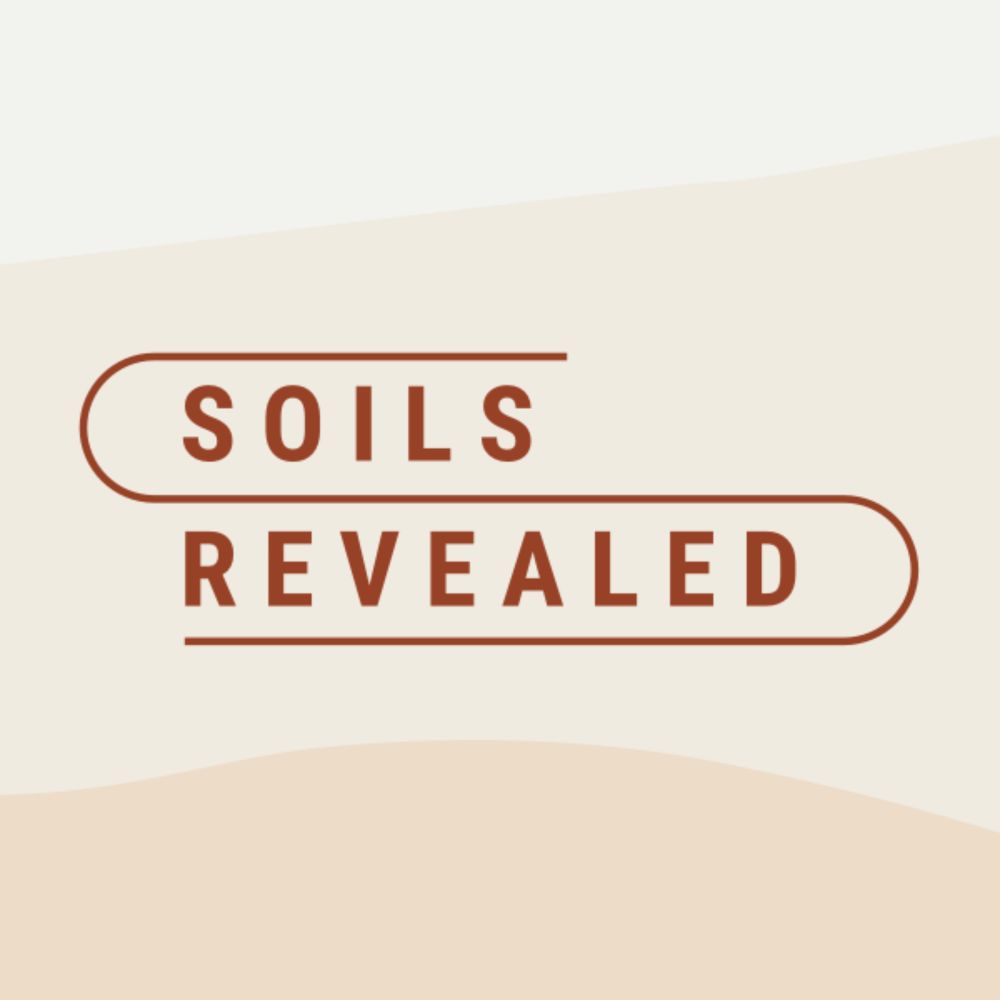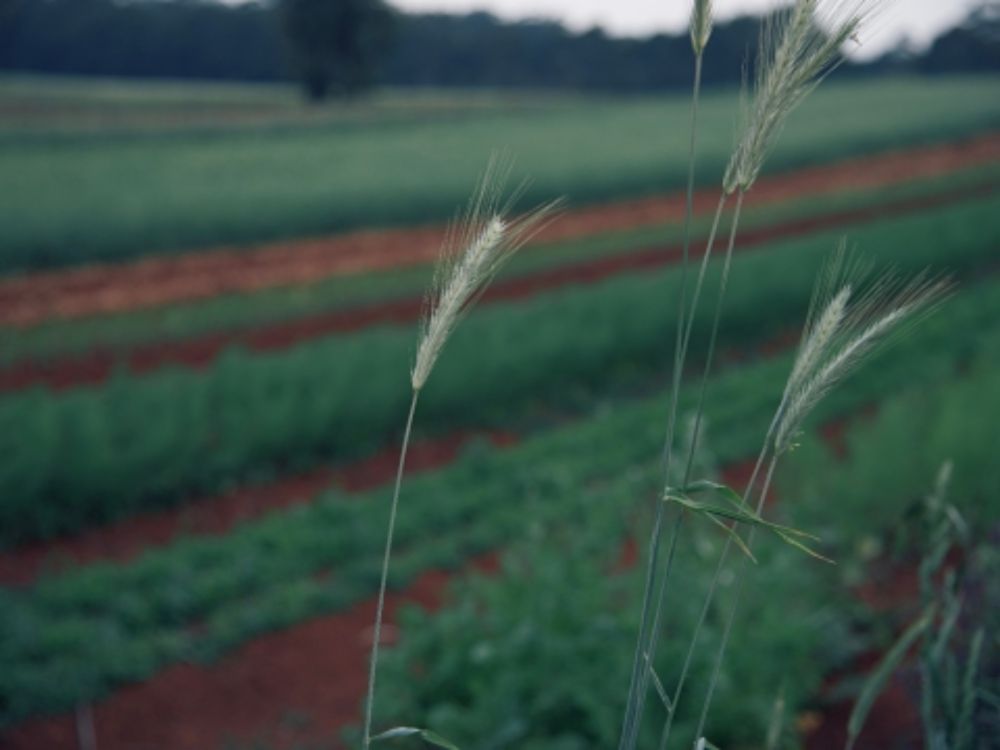Shelby C. McClelland
@scmcclelland.bsky.social
180 followers
430 following
36 posts
Faculty Fellow in the School of Marine and Atmospheric Sciences (SoMAS) at Stony Brook University. Food, greenhouse gas emissions, and soil. www.scmcclelland.com
Posts
Media
Videos
Starter Packs
Reposted by Shelby C. McClelland
Richard Waite
@waiterich.bsky.social
· Jul 24
